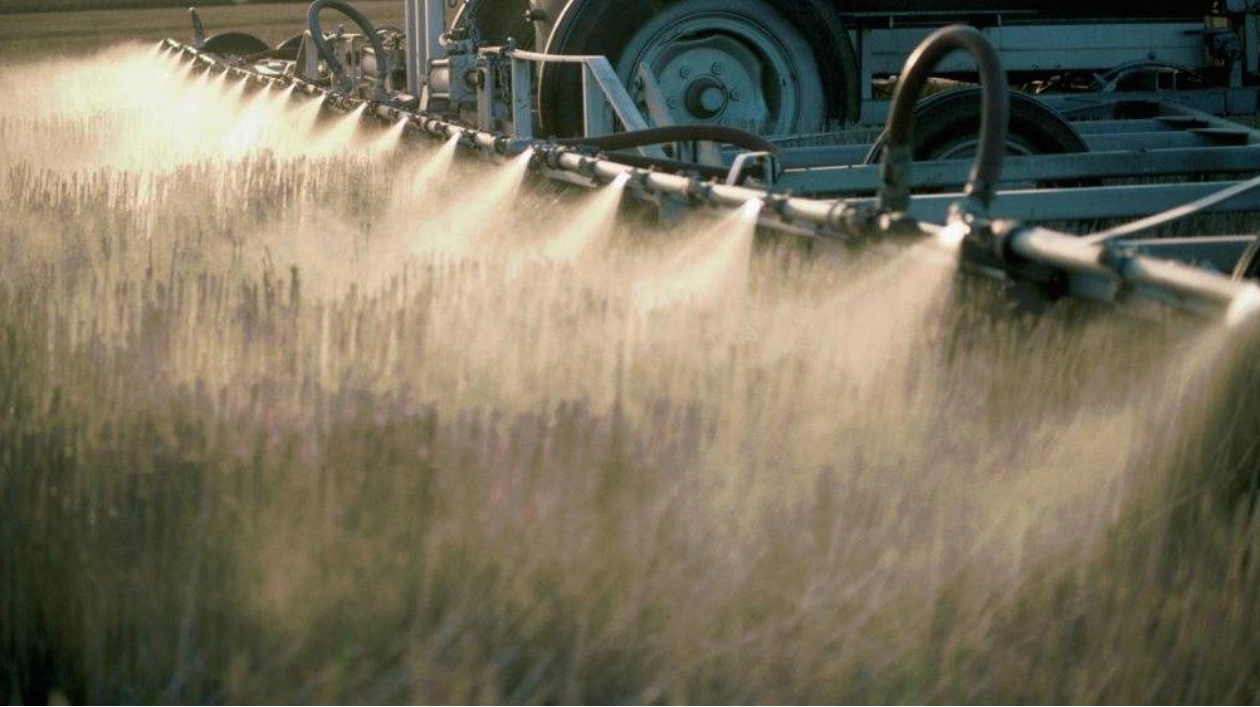Nearly two dozen pesticides are linked to an increased risk of prostate cancer in the United States, according to a study published on November 4 in Cancer. The research identified four pesticides that are also associated with prostate cancer deaths. However, John Leppert, a urologist at Stanford University School of Medicine, cautions that the study cannot definitively conclude that these pesticides caused prostate cancer. It remains unclear whether the individuals diagnosed with prostate cancer in Leppert's data were exposed to these pesticides.
Leppert emphasizes that the study's primary contribution is identifying potential pesticides linked to prostate cancer, which can help narrow down the list of substances requiring further investigation. Despite being the second most common cancer in the United States, some risk factors for prostate cancer remain uncertain. Leppert notes that the risk of developing prostate cancer varies geographically within the U.S., and the reasons for this variation are not well understood.
Previous studies on pesticides and prostate cancer risk have been limited, focusing on small areas or a few pesticides. Leppert and colleagues analyzed data on prostate cancer incidence and the use of nearly 300 pesticides across more than 3,100 U.S. counties. They found that counties with higher use of 22 specific pesticides, after adjusting for factors like age distribution, were more likely to report more prostate cancer cases or deaths years later.
The team examined pesticide use and cancer outcomes in two distinct time periods. The first period covered pesticide use from 1997 to 2001 and cancer outcomes from 2011 to 2015. The second period focused on pesticide use from 2002 to 2006 and cancer incidence from 2016 to 2020. The long lag between pesticide use and cancer discovery is due to the time it takes for prostate cancer to develop. The 22 pesticides showed links to prostate cancer incidence in both time periods, including well-known pesticides like 2,4-D, an herbicide commonly used to control weeds.
As a clinician, Leppert hopes that a better understanding of environmental exposures will enable doctors to provide better care to patients. He believes that insights into a patient's environment could help in early detection of prostate cancer and improve treatment if necessary.
Source link: https://www.sciencenews.org






